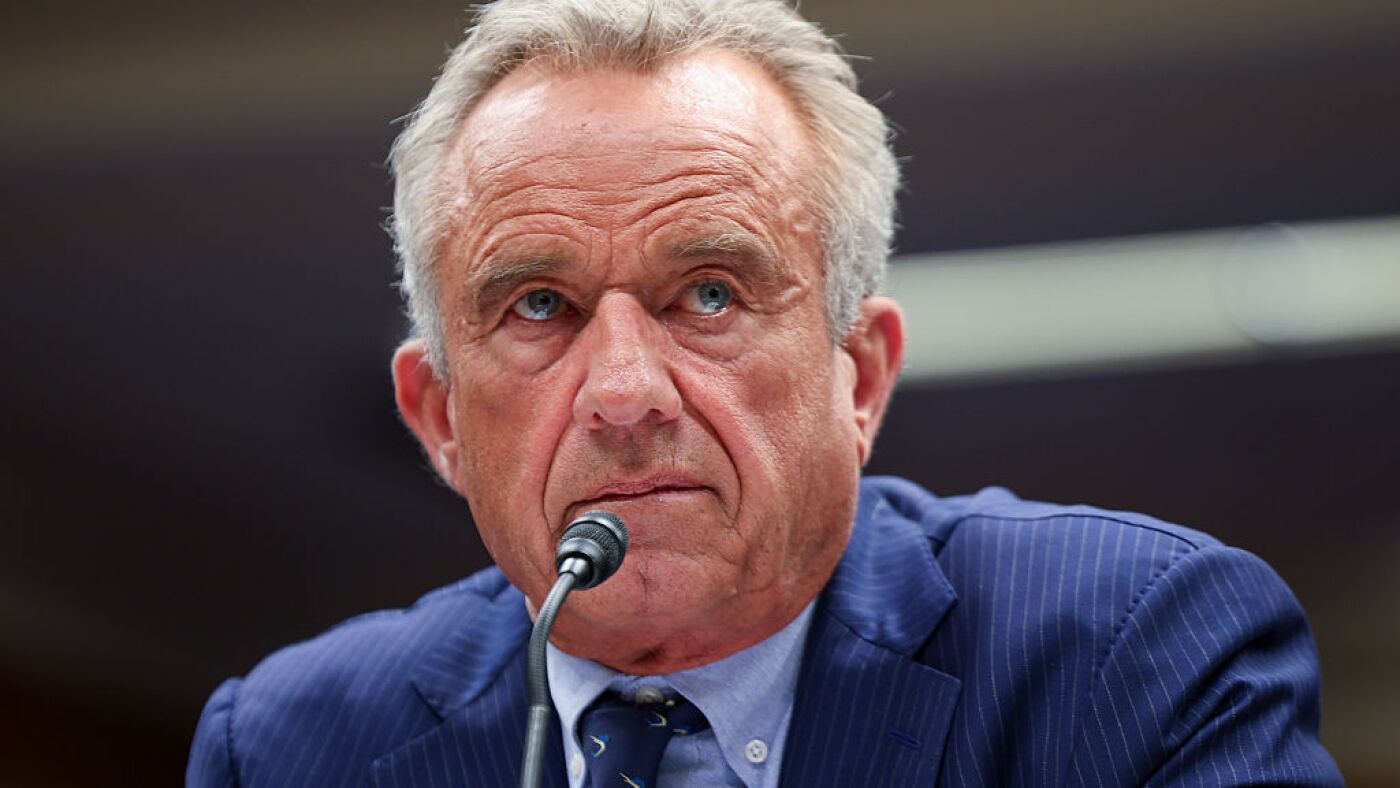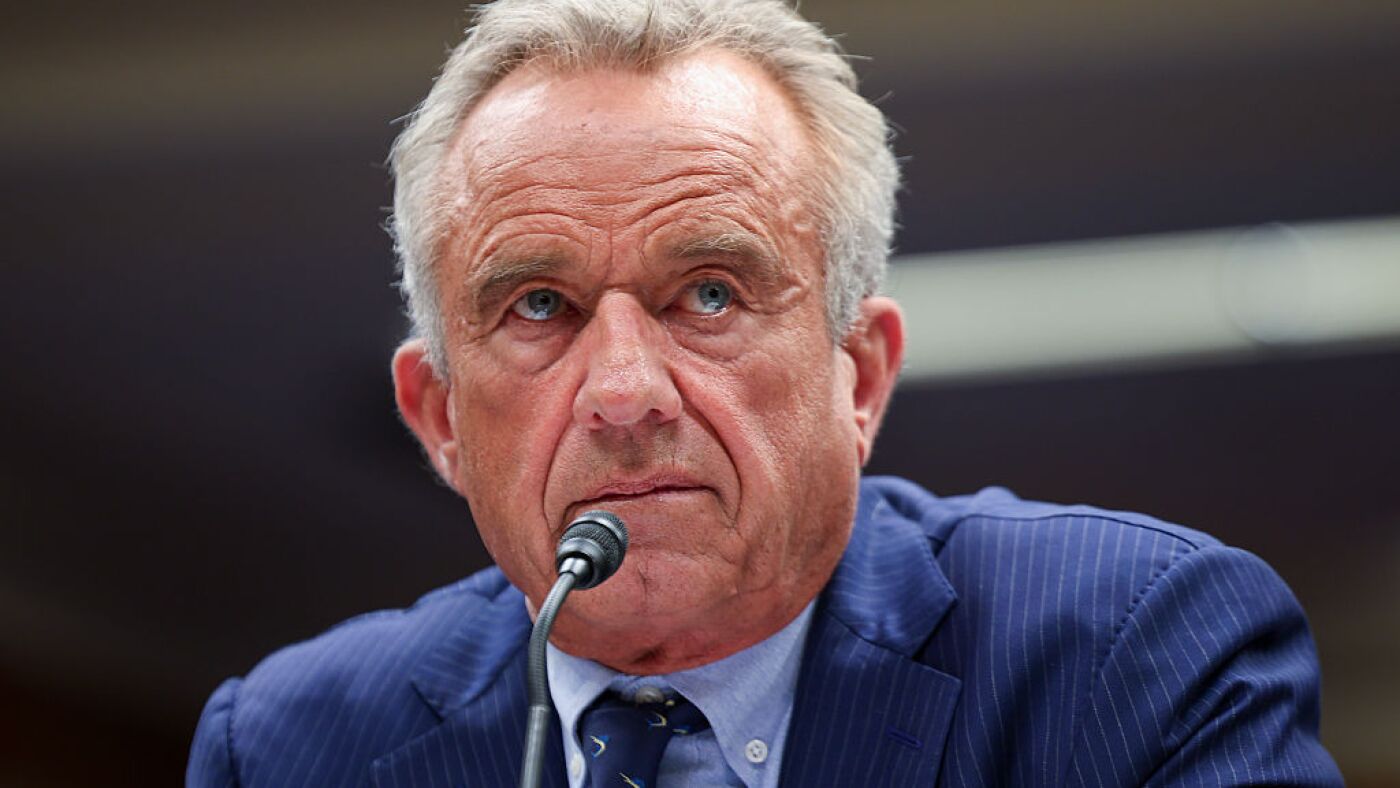The Transformative Move in Vaccine Advisory: Analyzing RFK Jr.’s Overhaul of the CDC Committee
Shaking the foundations of America’s vaccine advisory system, Robert F. Kennedy Jr., as Health and Human Services (HHS) Secretary, took the extraordinary step of dismissing every member of the CDC’s Advisory Committee on Immunization Practices (ACIP). This decision reverberates far beyond bureaucratic reshuffling; it signals a potential pivot in how vaccine science and policy may interact with public trust, politics, and health outcomes in the United States.
Understanding the Weight of the ACIP
The ACIP is no ordinary committee. It assembles scientific experts whose insights determine crucial vaccine strategies—who gets vaccinated, when, and with what. For decades, this body has been the bedrock of national immunization efforts, offering recommendations grounded in rigorous scientific evaluation. From seasonal flu to childhood vaccines, and notably COVID-19, the ACIP has shaped policies that protect millions from infectious diseases.
Disrupting this body is akin to reorganizing the command center of the country’s vaccine defense. The established continuity and deep expertise underpinning decades of immunization progress hang in the balance.
The Removal: Motivations and Context
Against a backdrop of intensified political and social scrutiny of vaccine mandates and safety, Kennedy’s sweeping dismissal marks a departure from precedent. Instead of gradual turnover, his decision cleans the slate entirely. He frames this as a trust-rebuilding effort, casting the previous ACIP as impaired in its credibility.
Yet the motivation runs deeper. Kennedy’s career is colored by skepticism toward conventional vaccine policies, and his approach signals a realignment of how vaccine guidance might be conceived at the federal level. It’s a move that mixes political will with public health strategy, reflecting the complexities of leadership in a post-pandemic society grappling with vaccine hesitancy and misinformation.
Ramifications on Science and Public Confidence
The ramifications cut across several vital areas:
– Expertise in Flux: The original ACIP’s accumulated scientific knowledge cannot be instantly replicated. Such expertise is forged over years and through in-depth peer collaboration. Sudden removal risks fracturing the robust foundation needed for evidence-based policymaking.
– Trust: A Double-Edged Sword: While Kennedy’s goal is to restore trust, many experts worry this could backfire. The upheaval may deepen doubts among an already hesitant public, feeding narratives that vaccine science is unstable or politicized.
– Policy Continuity Threatened: Immunization programs demand steady guidance to adapt to new pathogens, update schedules, or respond to outbreaks swiftly. Interruptions in advisory processes could delay critical decisions, impacting public health responsiveness.
– Political and Social Undercurrents: The purge raises concerns about political influence over traditionally independent scientific bodies. This intersection threatens to inflame partisan divides on health policies—a fracturing that can hamper unified public health messaging when it is most needed.
Voices from Media and Health Experts
The decision has sparked intense dialogue across media and expert circles. Coverage frequently highlights Kennedy’s controversial past views, framing the action as a dramatic deviation from norms. Former ACIP members and public health authorities express alarm, fearing the nation might lose a trusted scientific compass in an era still marked by infectious threats.
This episode exemplifies broader tensions between governance and science, illustrating how advisory roles can become arenas for wider societal conflicts around trust, expertise, and political agendas.
The Road Ahead: Rebuilding or Reconfiguring?
The upcoming phase—rebuilding the committee—will test the balance between restoring function and redefining purpose. Key challenges include:
– Selecting Members: Transparency in appointing individuals with credible scientific credentials will be crucial for credibility.
– Maintaining Scientific Rigor: Upholding the standards of evidence-based advice must remain foundational despite leadership preferences.
– Engaging Public and Professionals: Effective communication to both the scientific community and the public will be essential to rebuild confidence and clarify vaccine policies.
The trajectory of the revamped ACIP will reveal much about the future interplay of science, policy, and public perception in American vaccine governance.
Final Reflections: A Defining Moment in Vaccine Policy Governance
The wholesale replacement of the CDC’s vaccine advisory committee by RFK Jr. marks more than administrative turnover—it is a defining moment encapsulating the complex dynamics between political leadership and scientific autonomy. Intended to mend fractures in public trust, this bold act simultaneously opens questions about stability, expertise, and impartiality in guiding national vaccine policies.
The success or failure of this initiative will hinge on whether the new body can balance innovative perspectives with robust science, maintain transparent dialogue, and ultimately safeguard public health. How this story unfolds will profoundly shape the nation’s vaccine confidence and disease protection for years to come.








